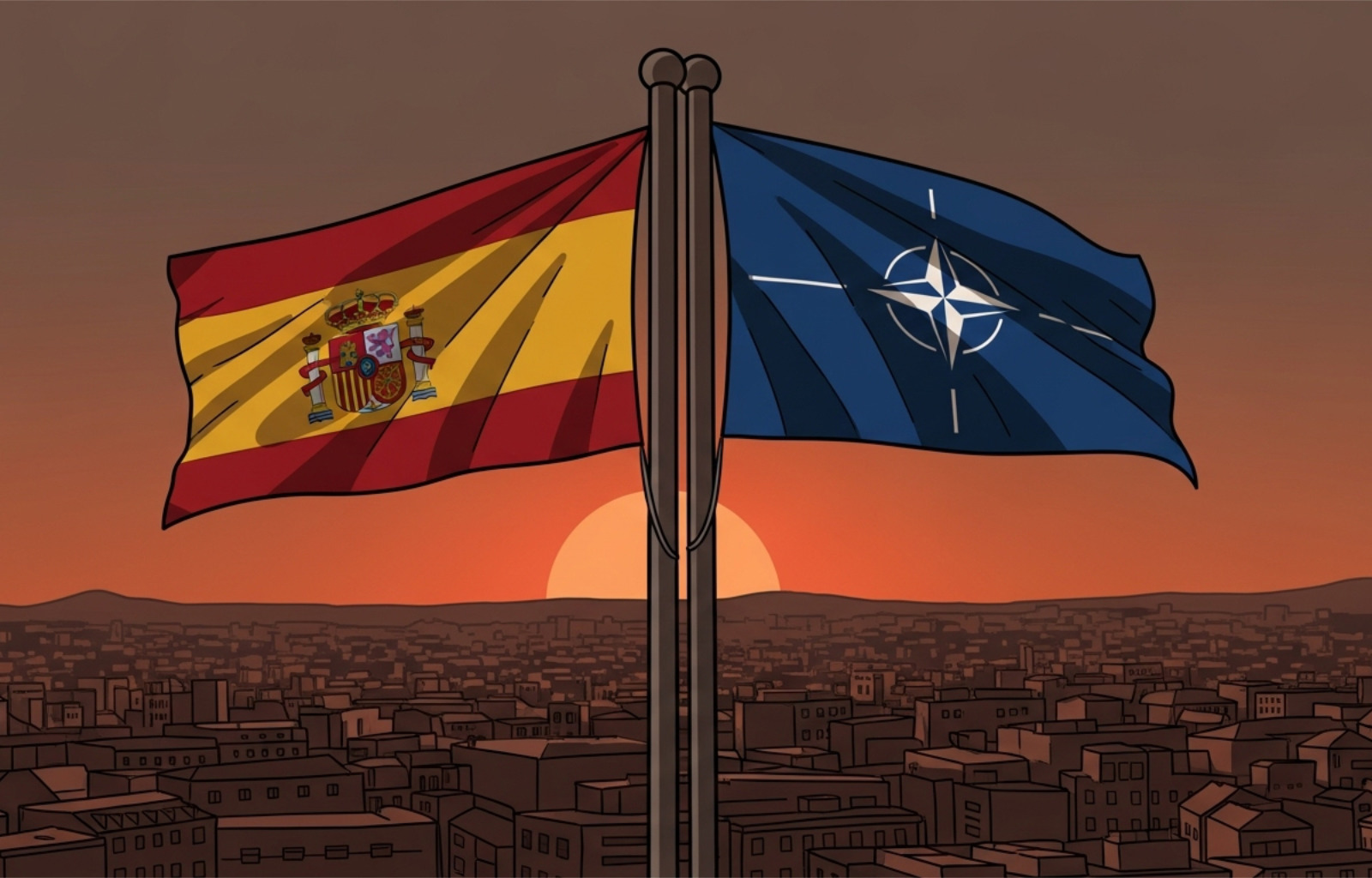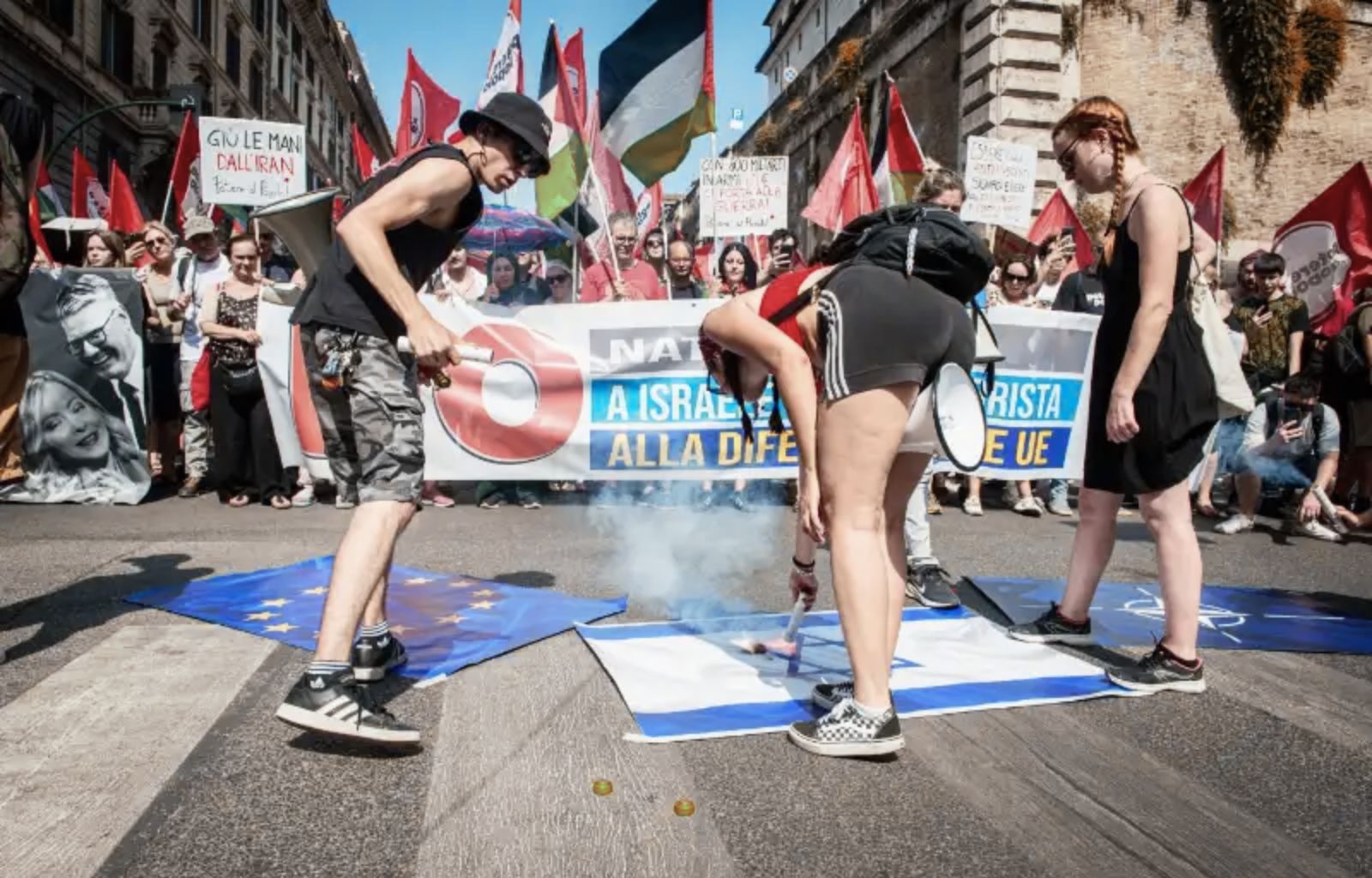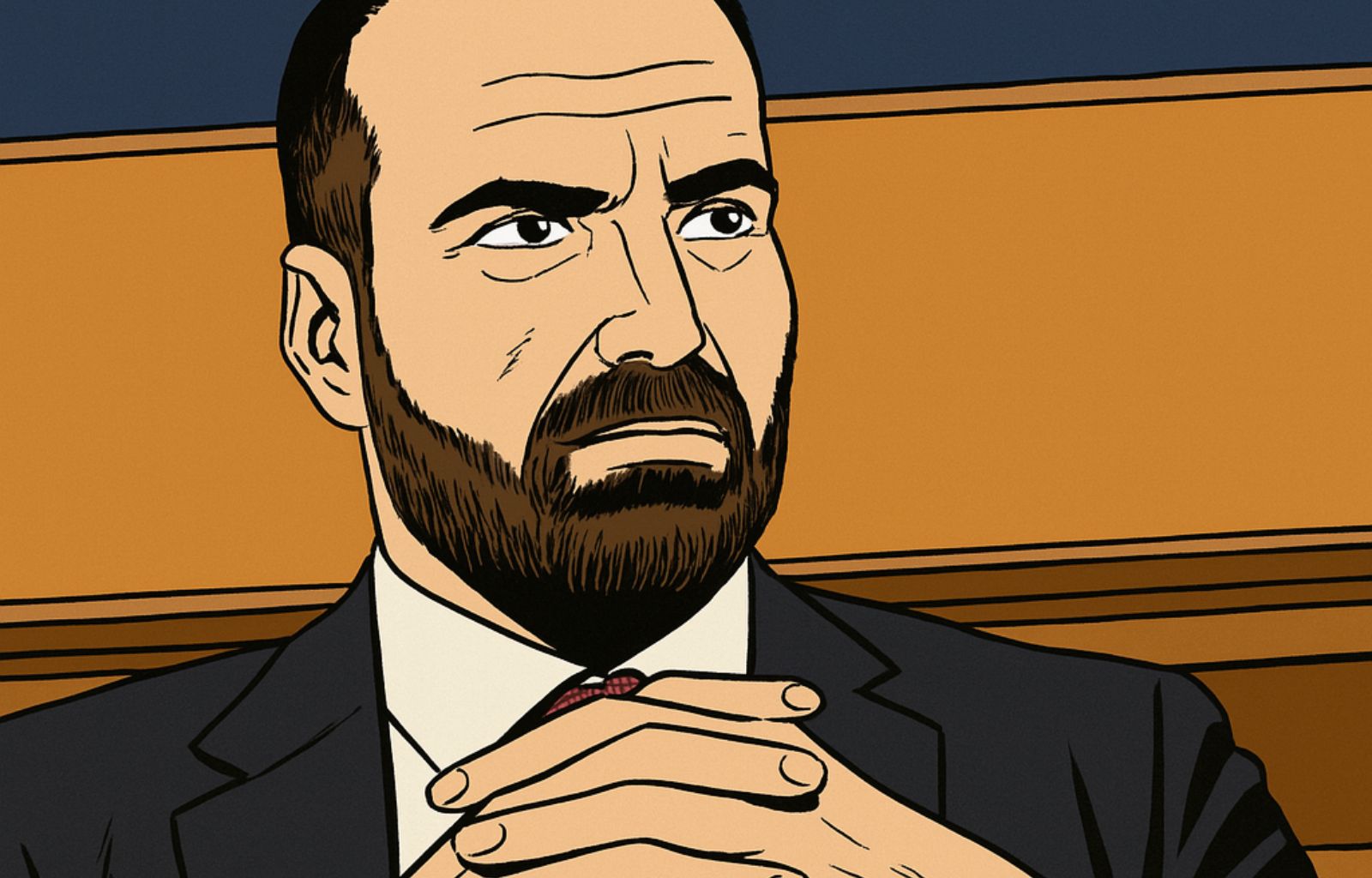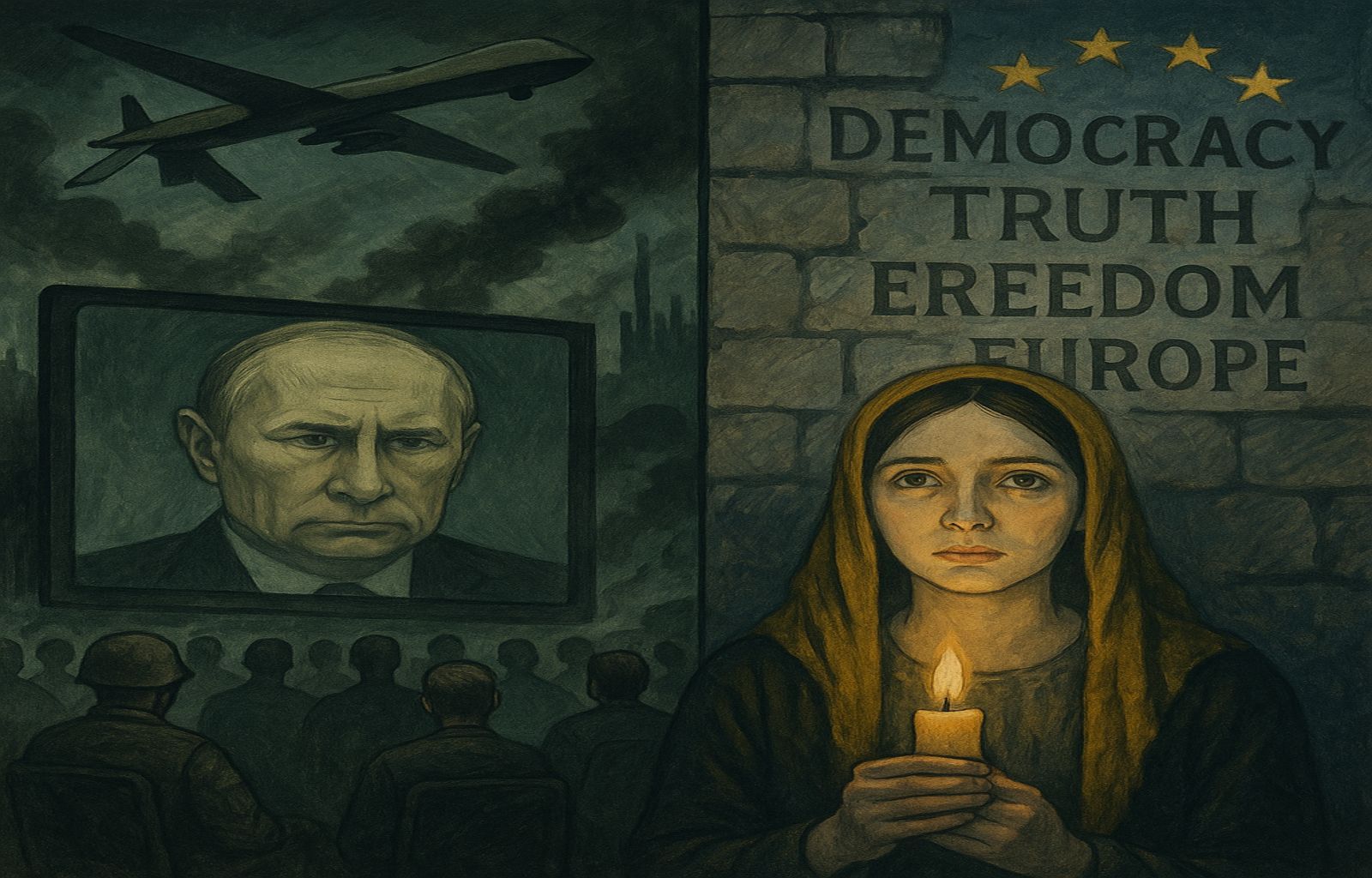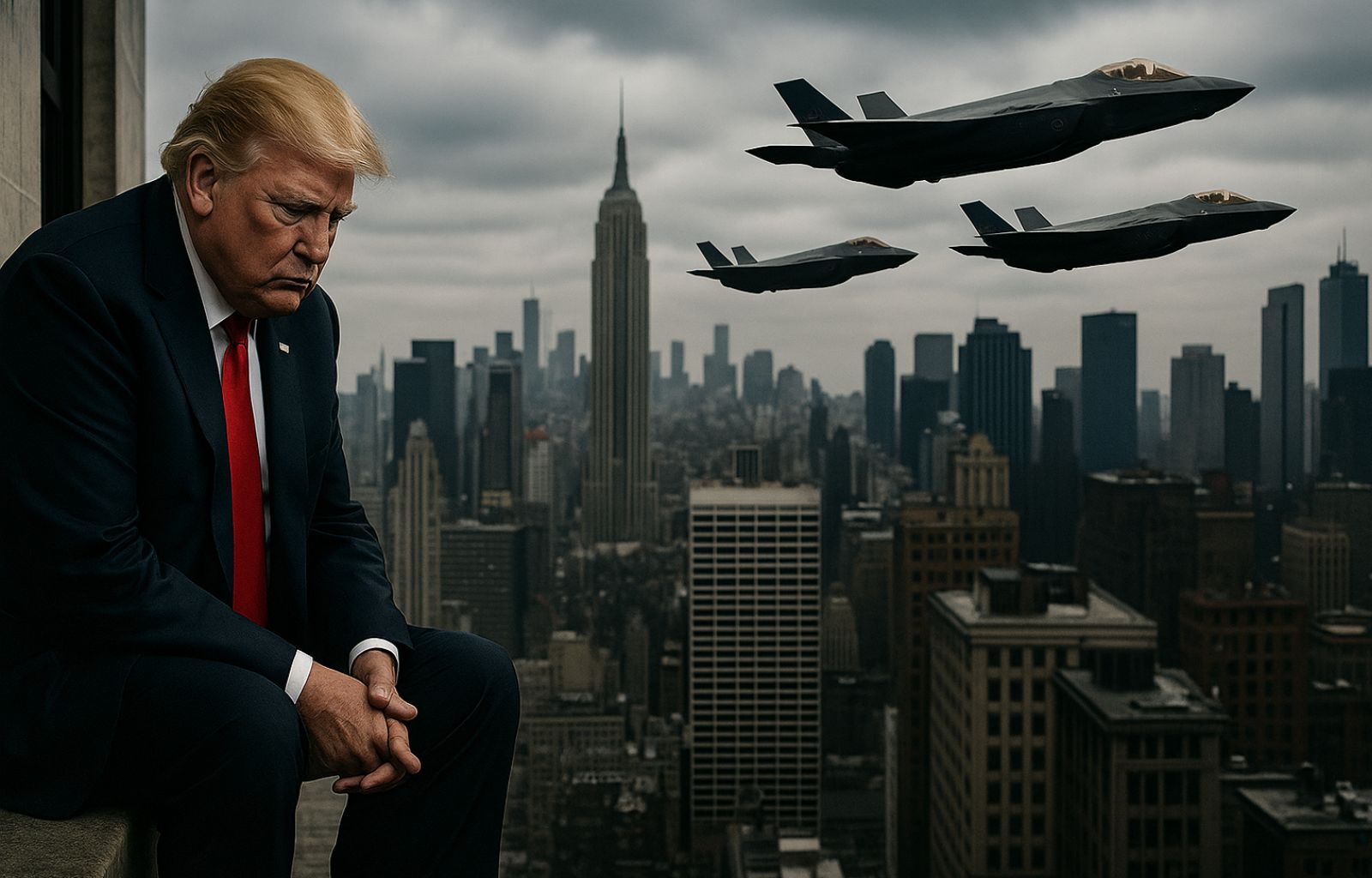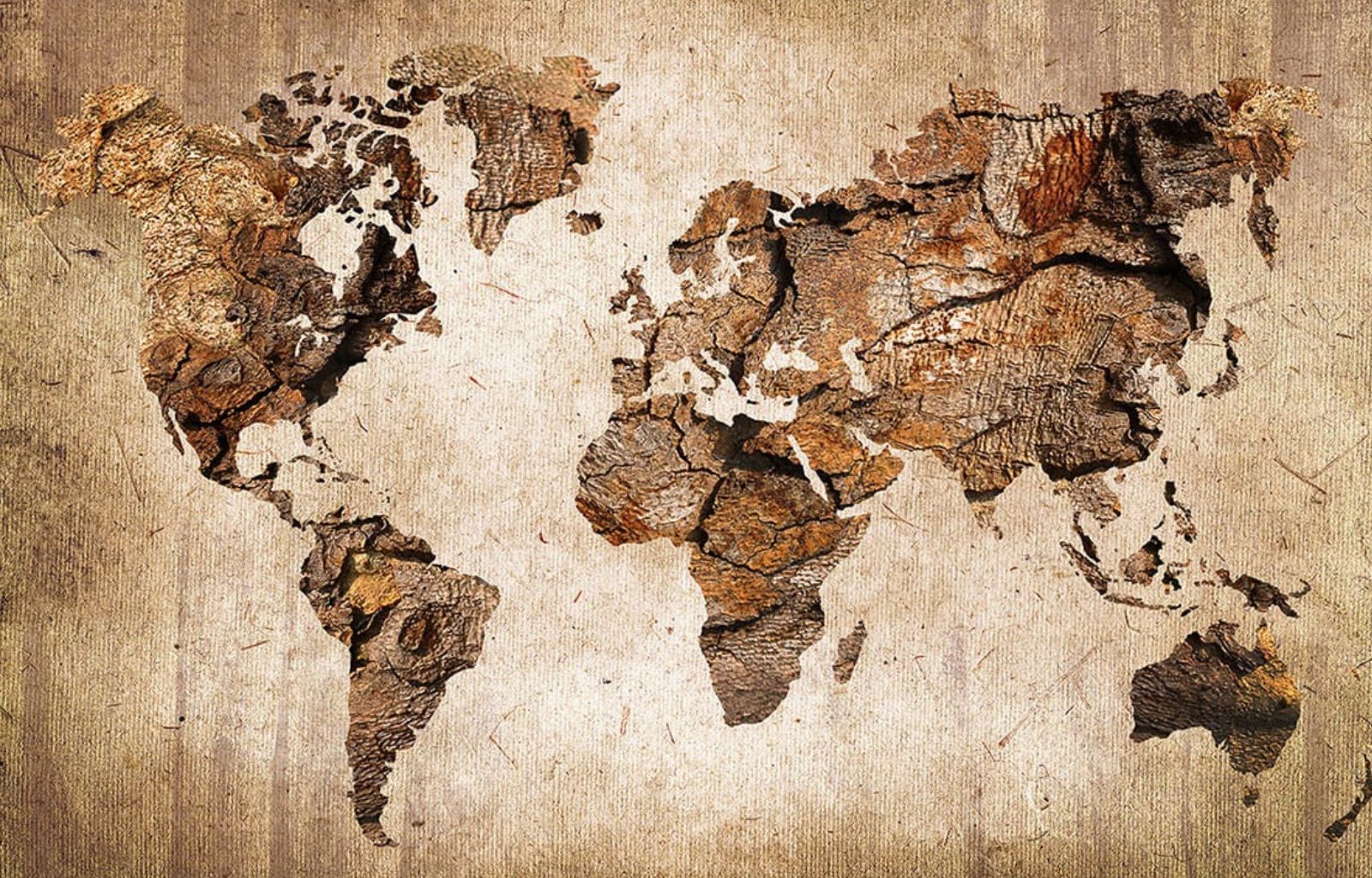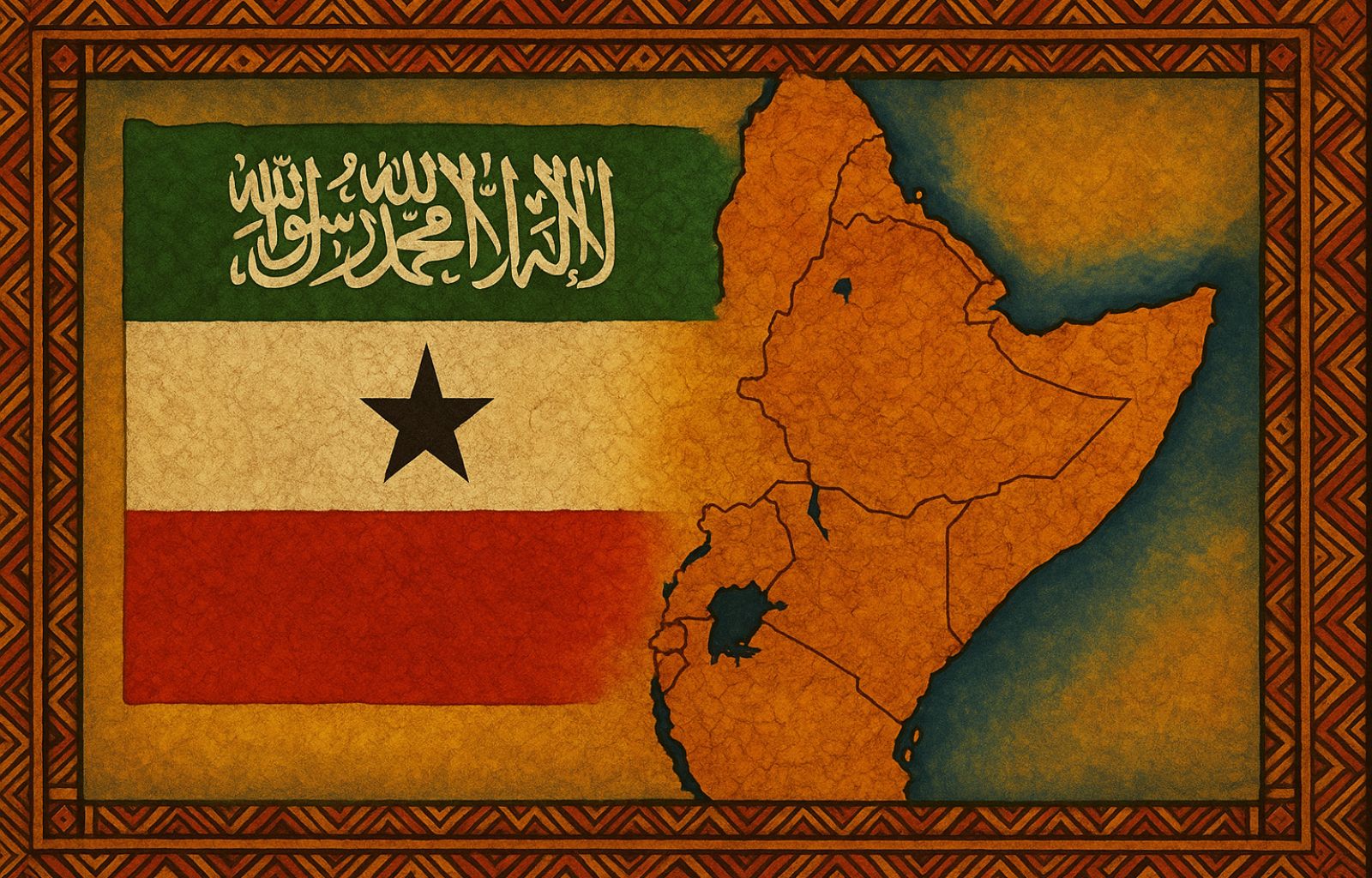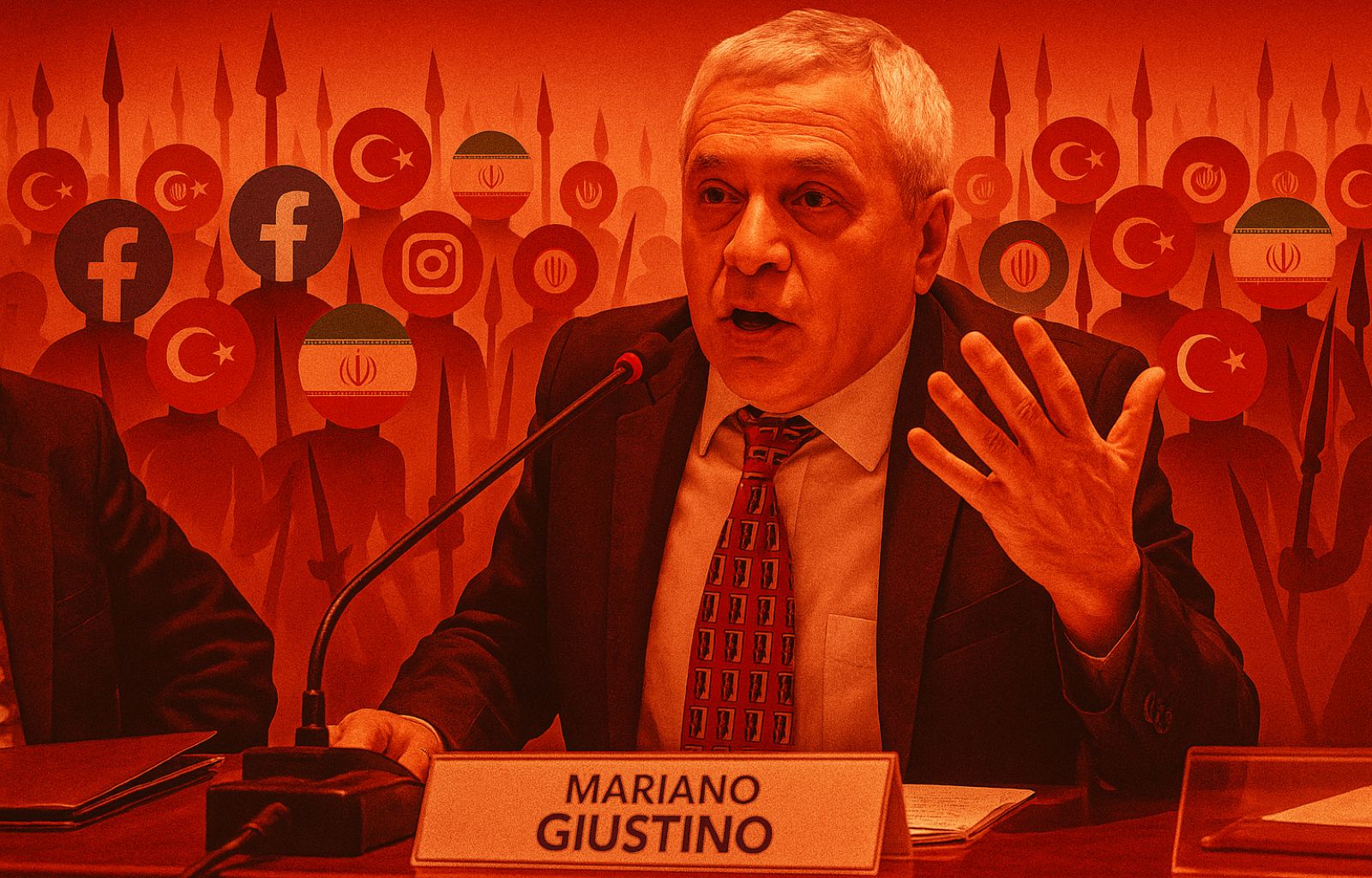Leo XIV, a Pope for peace. But will it also be just?

Between Ukraine, Gaza, BRICS and African instability, the Vatican chooses a balancing figure. With what global posture?
The election of Pope Leo XIV, born Robert Prevost, is a thoughtful move in a world in turmoil.
The Catholic Church has chosen a figure who does not polarise, who does not divide, but who promises listening, prudence and a willingness to mediate.
It is a strong and silent signal in an era marked by cross-conflicts, systemic tensions and moral crises.
It is not only a spiritual event: it is also a geopolitical act, albeit an unconventional one.
The context: a multipolar and fragmented world
The election takes place in one of the most tense international climates in decades.
In Ukraine, the war has turned into a wearisome impasse, with serious consequences for European and global balances.
In the Middle East, the conflict in Gaza continues to claim victims and provoke strong international reactions.
Human pain, on both fronts, calls for a voice that is not limited to diplomacy but calls for a lasting, sustainable, equitable solution.
In Africa, coups and ethnic conflicts, often ignored, generate displacement, food crises and destabilisation.
Economically, the rise of the BRICS bloc, US-China tensions, the erosion of multilateralism and uncertainty about the future of Europe pose new questions about the role of moral authorities in the global debate.
In this context, the figure of the Pope remains one of the few still able to speak to all parties, without representing strategic or military interests.
A choice that favours composure over visibility
Leo XIV is not a face for the cover. But he is an experienced man, capable of navigating fragile and complex environments.
He does not come from the great centres of ecclesiastical power, but from missionary life and the orderly management of the Curia.
His election appears as a response to a Church that today does not seek to astonish, but to resist and rebuild.
Peace, yes. But with justice
In his first speech, he spoke of ‘recomposing the fabric of the world’ and ‘disarming the human heart’.
A shareable vision, more necessary today than ever.
But in international practice, talking about peace requires great delicacy, but also clarity.
Especially in the most tragic and unresolved conflicts, such as the Israeli-Palestinian one, the word ‘peace’ cannot be abstract.
It must take into account the asymmetries, sufferings and histories of both sides.
The Pope’s role, in this sense, is not to pick a side, but to remind us that true peace is built when the security of one is not paid for by the fear of the other.
In his first speech, Leo XIV avoided divisive words, and this is understandable.
But the pontificate that awaits him will have to face the risk that an excessive neutrality could be interpreted as a lack of presence, in a time when credibility is also played on the ability to name injustice.
The Vatican in the new global order
Today the Church has neither armies nor economic power, but it retains a moral influence that few other actors can boast.
And at a time when the superpowers are more interested in their own affirmation than in balance, the voice of the Pope can make a difference.
Provided it is a firm voice, not just a conciliatory one.
Leo XIV inherits a diplomatic line that has opened avenues with Beijing, but which has also raised criticism for the low profile maintained on human rights.
The future will tell whether he will choose to be a pope of strategic silence or of measured but incisive speech.
A long game in a fast world
The pontificate of Leo XIV will probably not be theatrical, but it can be incisive.
Expectations are not about dogma or doctrine, but about posture.
His challenge will be to make a third role credible, without losing the ability to distinguish what is right from what is merely convenient.
After all, peace is a universal value, but it is only truly so if it stems from justice, mutual security and the recognition of wounds.
This will be the silent but crucial measure of his pontificate.

